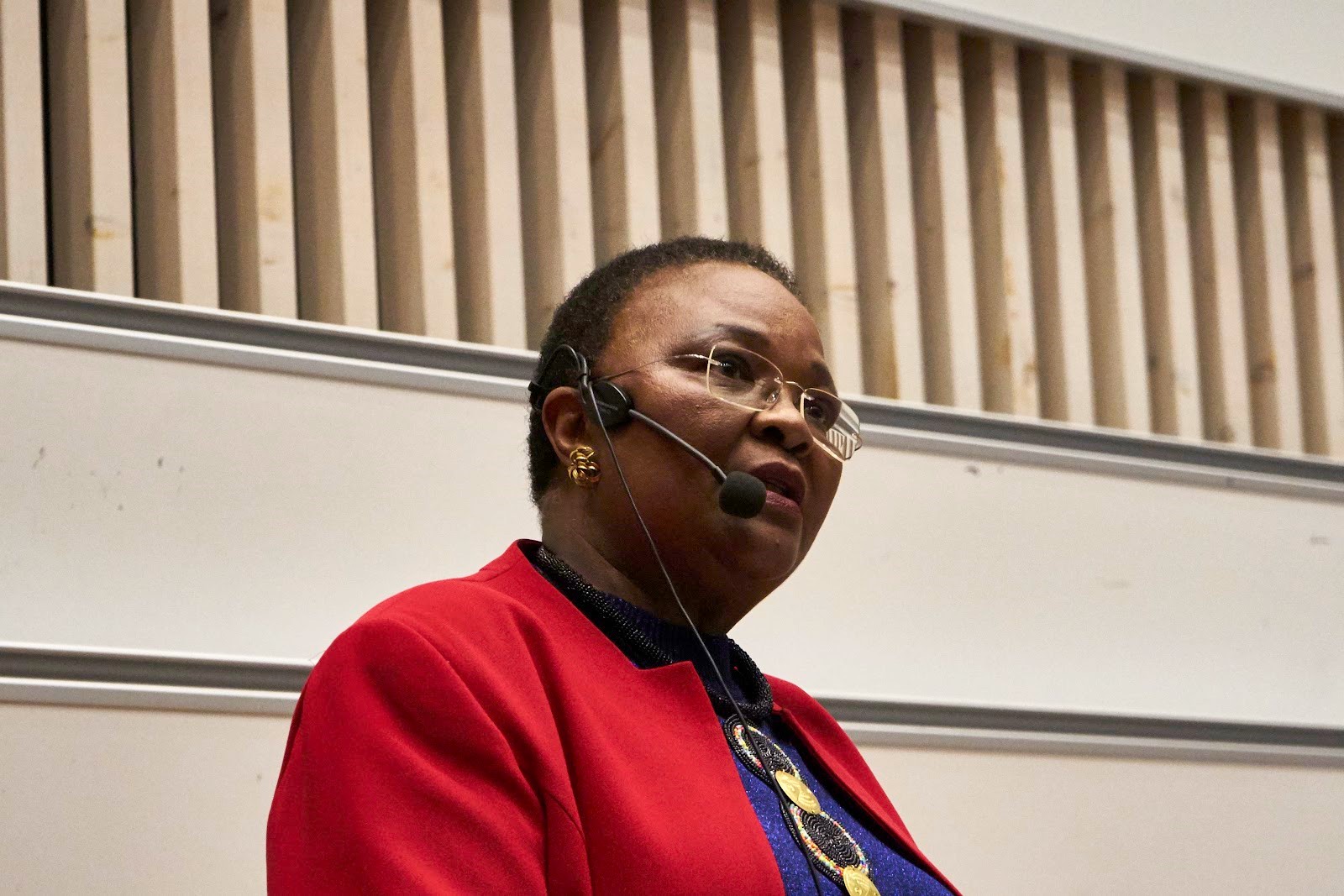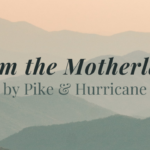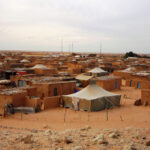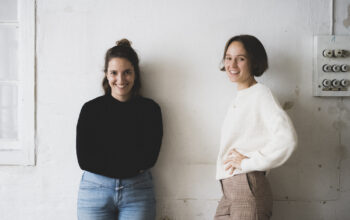On October 24, 2017, Sanji Mmasenono Monageng, a judge of the International Criminal Court (ICC)—a one of a kind example of international cooperation which tries individuals for the crimes of genocide, war crimes, and crimes against humanity—visited Malmö University, and we were lucky enough to sneak in a quick interview with her about her thoughts on her own position and the ICC. Her story of how she became a judge captivated us, motivating ourselves as students to reach higher with our future plans.
“For me it was a natural progression,” she explains of her path to judgeship at the ICC. Beginning in the national legal system of her home country, Botswana, she worked her way up to the African Commission, ending up at the ICC in 2009.
The field of human rights and international law has developed greatly in the past decades. Post-WWII, the notion of international responsibility and international criminal law has begun to flourish in academia and practice—the infamous Nuremberg trials were the first of their kind. Judge Monageng developed her personal legal skills parallel to this amelioration of international human rights law.
“I started reading about international criminal law. Remember, that when I went to university there was no subject called International Criminal Law, there was no subject called Human Rights Law, I developed an interest in it,” she says.
The Court has publicly indicted 31 people and convicted nine up to date, but Judge Monageng says she “cannot single out one” that has had the most impact. To this she says:
“All of our cases are important, they are different in terms of circumstances, in terms of evidence… The impact has been huge from all of them.”
Being a judge comes with restrictions as Judge Monageng puts it:
“I was an activist, I worked for NGOs, we were moving the agenda, the parity movement, in Botswana and in Africa and elsewhere, and to that extent at times I want to say something very freely, but I can’t because I am a judge! So, yes maybe to that extent I feel a little bit prohibited, but that comes with the territory.”
Although, she has a strong political activist background, she does not think about it when applying the law. What you need to find is a balance between activism and judgeship, she says and adds:
“I think I have succeeded in that.”
Finding the balance plays a big role in the courtroom as well—dealing with difficult crimes comes with its emotional drainage:
“We are talking about massive crimes and I do feel emotionally drained… but again, I am doing my job […] if I allow my emotions to run away with me then I lose my partiality.”
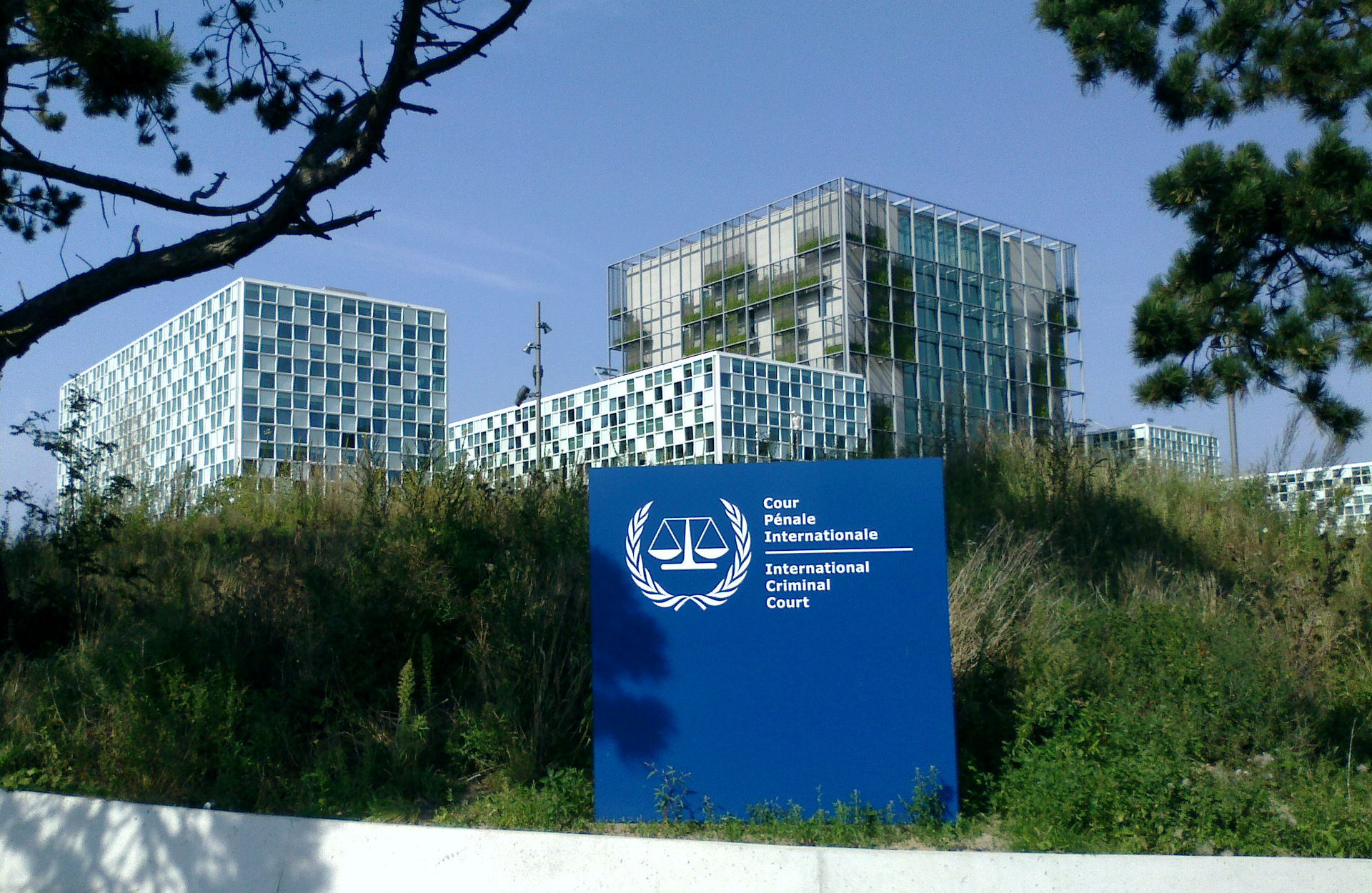
The ICC does not work alone on the world stage of justice. It relies solely on countries to only refer cases to the ICC “as a last resort.”
“States should do their part, they should train their own people, they should domesticate the [Rome] Statute, they should have the ability to investigate these crimes and prosecute them at a national level, so whatever comes to the ICC is what should come to the ICC,” Judge Monageng explains.
The hopes for the Court are high. But, for it to flourish, it requires smooth cooperation from all parties.
“We need to continue on this professional path, in order to give redress for [those who] need redress,” says the judge.
The work of the ICC to fight impunity and complement the work of national courts will continue with the power of more than 900 staff members, but the future of the ICC is dependent on the future generations.
Judge Monageng, once a student of the University of Botswana, now an ICC judge, places her trust in the younger generations:
“Reach for the stars. Empower yourselves. Develop yourselves. Identify what you actually want to do, and follow it. [Your dream] will not materialise unless you make it happen. [In Sweden] you are lucky because your government is able to support you, take advantage of those opportunities … nothing comes on a silver platter, apply yourself!”
After her talk, Judge Monageng left an impression on the student body who were at the UN-day event hosted by Malmö University together with UNA Malmö and UF Malmö. The students largely study programmes such as International Relations and Human Rights, and are a part of the generation Judge Monageng speaks of. UNA Malmö and UF Malmö will continue to offer opportunities for the future generation to connect with leaders for a better tomorrow.
Interview by Julia Glatthaar and Laura Korte
Text by Laura Korte
Photo Credit:
- Judge Monageng, UF Malmö, All rights reserved
- The ICC in The Hague, Oseveno, Creative Commons Attribution-Share Alike 4.0 International
